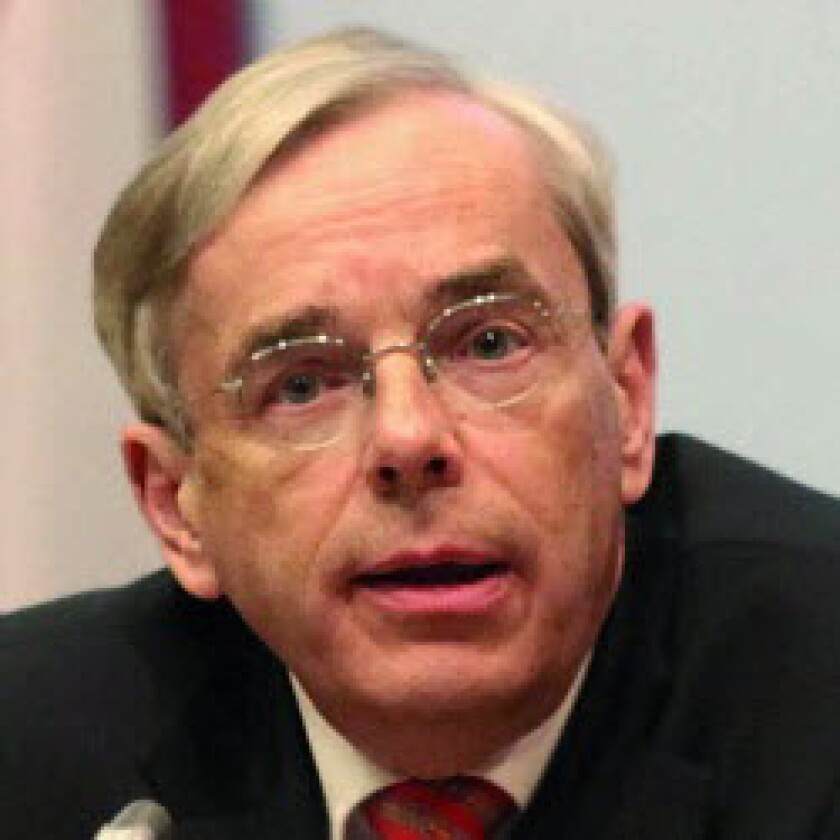EBRD president Thomas Mirow yesterday denied that the bank’s proposed move into north Africa and the Middle East was being made at the behest of the United States and its allies.
“For us this is only imaginable as a very inclusive process”, Mirow said at a press briefing, pointing out that the necessary change in the bank’s statutes would have to be approved by all 63 shareholders, including some very small countries.
“So I think there is no risk of one or two major countries dictating the agenda. We have to have everyone on board.”
US president Barack Obama on Wednesday praised the EBRD’s proposed commitment to invest in the region. “We will work with our allies to refocus the EBRD so that it provides the same support for democratic transition and economic modernisation in the Middle East and north Africa as it has in Europe,” the US president said.
The timing of the speech, coming on the eve of the EBRD’s annual meeting in Astana, has been interpreted as a strong indication that EBRD’s proposed expansion has been driven by the US, prompting some European countries to urge shareholders to exercise caution over the extent of the EBRD’s future involvement outside of its core geographic area.
Earlier, Sergei Storchak, Russia’s deputy minister, told a briefing that Russia, Japan, Australia and other shareholders had “underlined the need for a cautious approach” towards geographical expansion.
Mirow acknowledged that there was disagreement among shareholders about the geographical scope of the expansion. “There is not yet a fully established common view on what countries should potentially be encompassed,” he said.
“Some countries want reassurance that the approach would be gradual and that the EBRD would not change too quickly its priorities.”
However, he said he was “very confident that it will be possible to come to a common solution,” and that “initial activities” in Egypt and possibly Morocco, could start as early as 2012 from cooperation funds and special funds, the design of which is still under discussion. He said that lending should start soon in order “not to disappoint hopes of ordinary people to see an improvement in their daily life”.
Mirow told Emerging Markets in an interview that the expansion plans could cast into doubt plans to merge the EBRD with the European Investment Bank (EIB) into a new European development bank, outlined by former IMF managing director Michel Camdessus, in a report commissioned by the European Union and published in February, though he left the door open to such a possibility.
“I would not exclude that some time in the future people would want to come back to this,” he said, adding that “you never know” when shareholders might wish to rekindle that debate.
But he pointed out that Camdessus’ proposals – which would create one of the world’s largest international lenders – would require jettisoning non-European shareholders from the proposed new bank, a move that could be at odds with the EBRD’s Middle East and north African expansion plans.
“Would it be wise if one would want the EBRD to engage in North African and the middle East at the same time to tell Americans and Canadians and Japanese that we would prefer to do so without you? I would rather doubt that,” he said.
“Would on the other hand the EU want to enlarge the shareholdership of the EIB? I would doubt that. So that’s an initial but very important conundrum.
“I can only answer to the question ‘do you see [the merger of the EIB and EBRD] progressing since the last one or two years’ and on this my answer would clearly be no.”
